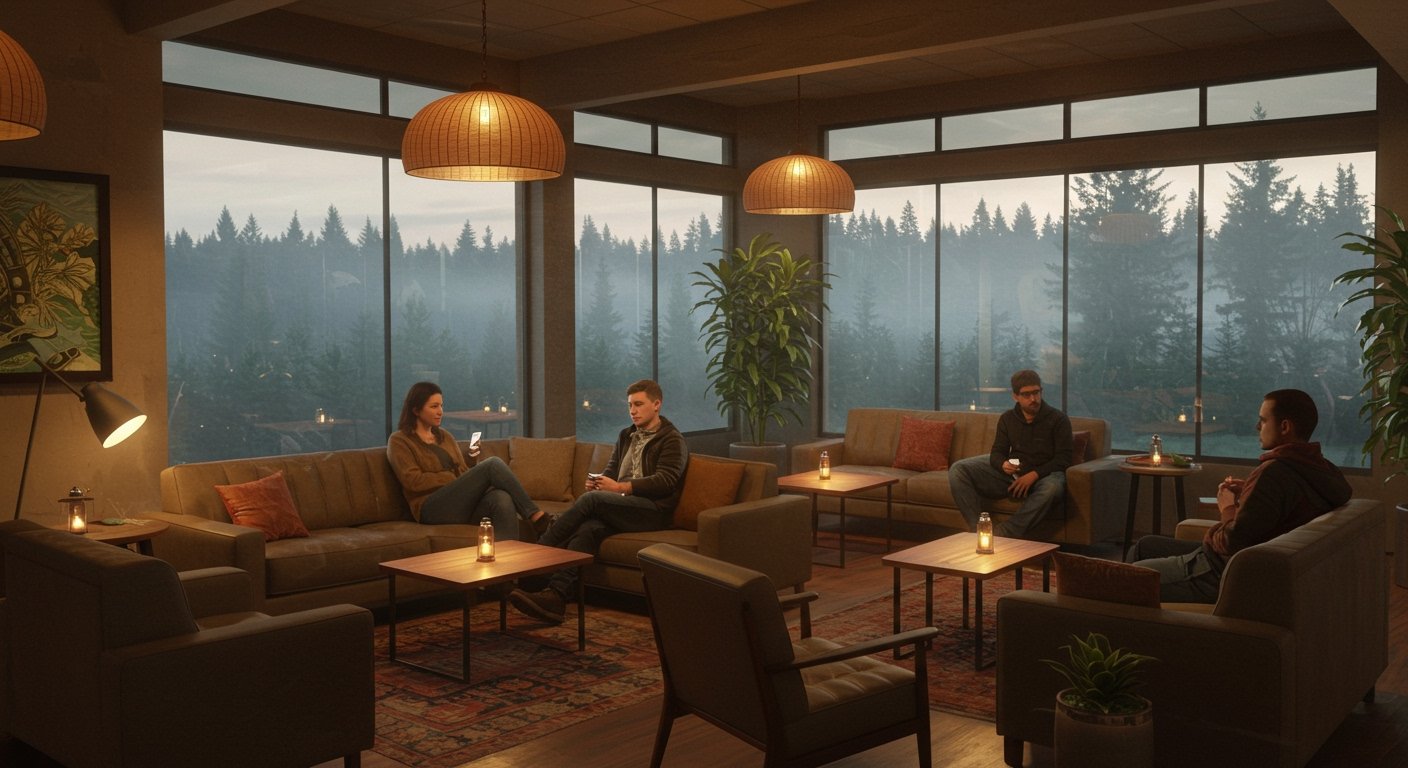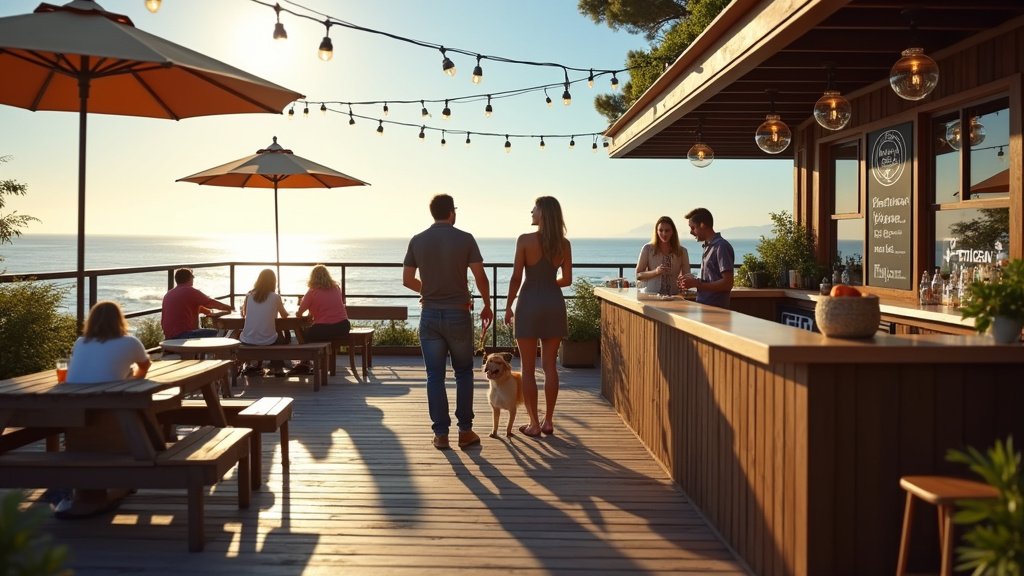PORTLAND, OR – A significant effort to establish licensed social consumption spaces for cannabis in Oregon has cleared its initial administrative hurdle, moving a proposed ballot initiative closer to a statewide vote. The measure, spearheaded by the Oregon Cannabis Cafe Coalition (OCCC), seeks to allow licensed cannabis consumption cafes and lounges across the state, addressing a gap in public access that has persisted despite a decade of legal adult-use cannabis.
Clearing the First Hurdle
The initiative, which aims for inclusion on the November 2026 Oregon ballot, successfully completed the initial phase of the signature verification process. This critical step validates the proposed measure’s language and clears the way for proponents to begin gathering the substantial number of signatures required to qualify for the ballot. The OCCC, led by its founder Justyce Seith, must now embark on the challenging task of collecting more than 120,000 additional valid signatures from registered Oregon voters to secure its place on the ballot.
Addressing a Decade-Long Gap
Oregon’s adult-use cannabis program, which legalized recreational marijuana for individuals 21 and older, is set to mark its 10th anniversary this month, in July 2025. However, despite this milestone, legal cannabis consumption remains largely restricted to private residences or fenced yards. This limitation has presented challenges for tourists, renters whose leases prohibit smoking, and individuals who simply lack a suitable private space for consumption.
The proposed ballot initiative aims to create regulated environments where adults can legally consume cannabis products outside of private homes. Proponents argue that such licensed lounges would not only provide safe, legal spaces for consumption but also offer new economic opportunities, particularly for small businesses within the cannabis sector.
Proposed Operational Framework
The initiative outlines a specific operational model for these potential cannabis consumption cafes and lounges. Crucially, the measure would prohibit the sale of both alcohol and cannabis products within these licensed establishments. Patrons would presumably bring their own legally purchased cannabis or consume products provided through other compliant means, although the initiative’s specifics on product provision beyond consumption allowance are focused on the social space itself. The proposed lounges would operate with a closing time of 2 a.m., aligning with typical late-night establishment hours.
Perhaps one of the most significant provisions of the initiative is the requirement that licenses for these consumption spaces would be exclusively available to small cannabis business licensees, known as microbusinesses in Oregon. This restriction is intended to support smaller operators within the state’s regulated market, potentially fostering a more diverse and equitable landscape for social consumption businesses.
Navigating Public Health Regulations
A key challenge addressed by the initiative is Oregon’s Clean Indoor Air Act, which prohibits smoking and vaping in most indoor public places and workplaces. The proposed measure seeks to exempt licensed cannabis lounges from this act, but only under specific conditions. These conditions include the implementation of rigorous air cleaning and monitoring requirements designed to mitigate the impact of cannabis smoke and vapor on indoor air quality and prevent its migration to other areas.
This approach acknowledges public health concerns while attempting to create viable indoor spaces for cannabis consumption, a model that has been adopted in some other jurisdictions with legal cannabis markets.
The Road Ahead
With the initial approval secured, the OCCC and its supporters face the substantial task of collecting the necessary signatures over the coming months. If the coalition succeeds in gathering over 120,000 verified signatures, the measure will be placed before Oregon voters on the November 2026 statewide ballot. Should voters approve the initiative, its provisions, including the framework for licensing and operating cannabis consumption cafes and lounges, would take effect on January 1, 2027.
The push for licensed cannabis lounges represents a notable development in the evolution of Oregon’s cannabis policy, seeking to integrate social consumption into the legal framework a decade after the state first embraced adult-use legalization. The success of the signature gathering effort will be the next critical indicator of whether this vision for public cannabis spaces will become a reality in Oregon.




